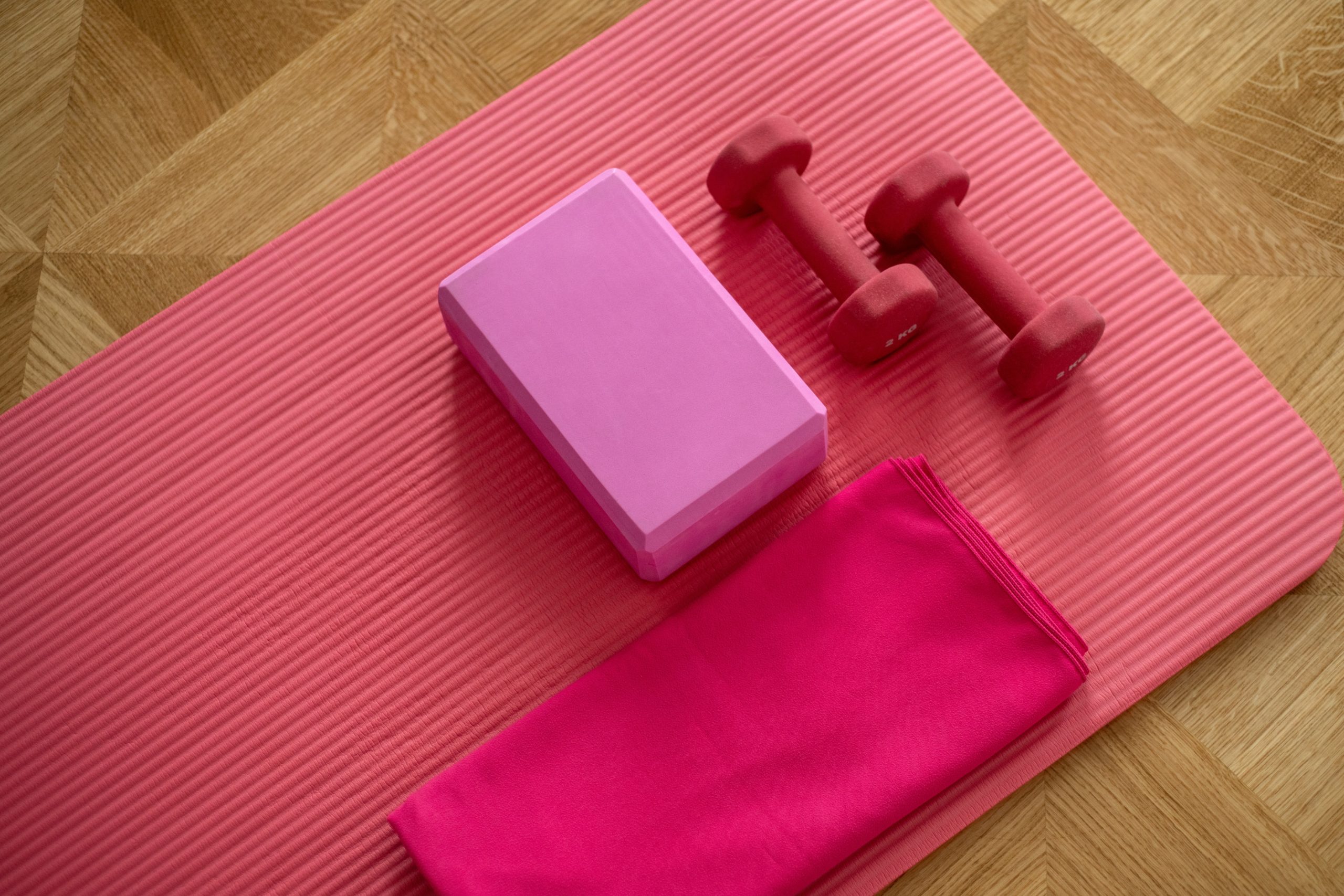Most people are aware of anorexia and bulimia, but what is anorexia athletica? It’s a form of anorexia that impacts many athletes. From middle and high school athletes to Olympic champs and runners competing on a local level, the pressure to look your best, maintain your image, and outperform competitors is intense.
That pressure can lead to mental health issues that are difficult to recognize, diagnose, and treat. One of which is anorexia athletica, a very prevalent mental health issue that affects athletes at all skill levels.
One comparative study that included more than 1,600 Norwegian male and female elite athletes found that athletes were about 13% more likely to meet clinical diagnostic criteria for eating disorders than non-athletes. Female athletes were at higher risk than male athletes. Greater risk was also found for athletes in antigravitational and aesthetic sports such as gymnastics, cheerleading, swimming, and figure skating.
As more research is completed to understand the full reach and impact of athlete eating disorders, it’s important for all athletes, coaches, parents, and the general public to understand the most common anorexia athletica warning signs. We’ll discuss those signs here along with anorexia athletica treatment options and other must-know information.
An Introduction into Anorexia Athletica
Also known as hypergymnasia or sports anorexia, anorexia athletica is an eating disorder that impacts the daily habits of athletes in a wide variety of sports and at many ages and skill levels. Any athlete who feels pressure to maintain a particular body weight or shape is at risk of developing habits that lead to some symptoms of anorexia, bulimia, and other eating disorders.
Those habits can, in turn, evolve into lifestyle factors that seriously impact the mental and physical health of an athlete, resulting in long-term consequences. The first step to getting much-needed treatment is recognizing the most common anorexia athletica symptoms. Let’s look at those symptoms now.
Anorexia Athletica Symptoms
An athlete suffering from anorexia athletica may drop a large amount of weight in a short period of time without explanation. They tend to criticize their own bodies as well as the appearance of others. Weight, shape, eating, and exercise may seem to consume their thoughts at all times.
Some other common anorexia athletica symptoms include:
- Excessive exercise
- Obsession with body fat percentage, calories consumed, and other body factors
- Repeated comments about feeling fat, looking too big, etc.
- Sneaking or hiding food
- Binging on food in private
- Excessive visits to the restroom after eating
- Monitoring or criticizing the eating behavior of other people
Anorexia Athletica Warning Signs
While early intervention is best for eating disorders, it’s difficult with athletes because the earliest symptoms may seem common for a dedicated athlete. Anorexia athletica warning signs often appear when healthy behaviors and mindsets are taken to the extreme. Eventually, those behaviors will manifest complications for the athlete’s life.
Athletes and their loved ones should start to worry about this condition when the following early warning signs are noted:
- Negative comments about one’s own body
- Repetitive comments about looking, feeling, or being fat, overweight, obese, or disgusting
- Refusal or resistance to eating in public or with company
- Hoarding food for private consumption
- Exercising to the point of mental and/or physical exhaustion
- Allowing exercise and controlled eating to take priority of over other important responsibilities
- Tracking how much exercise is needed to burn off calories consumed
- Mindset that connects personal value or worth to body weight, shape, or athletic performance
Another possible warning sign is body checking. All coaches and loved ones should understand what that is and what it looks like in daily life.
Anorexia Athletica Treatment Options
If you notice any of those warning signs or symptoms of anorexia athletica in yourself or someone you love, what should you do? First, it’s important to recognize that eating disorders need medical attention. Extreme ultra-competitive mindsets can, at times, result in unhealthy thinking about exercise and food.
The most successful anorexia athletica treatment options are focused on boosting self-confidence and self-esteem while disconnecting self-acceptance and love from athletic performance, body weight, body fat percentage, and other body-related factors. That takes time and patience, so most people respond well to programs that prioritize them as a person rather than just an athlete.
It can feel like there is no recovery for anorexia when you’re an athlete, but you have more anorexia athletica treatment options than you realize! Contact us online or call 855-808-4123 for professional help from experts who understand and genuinely care.



